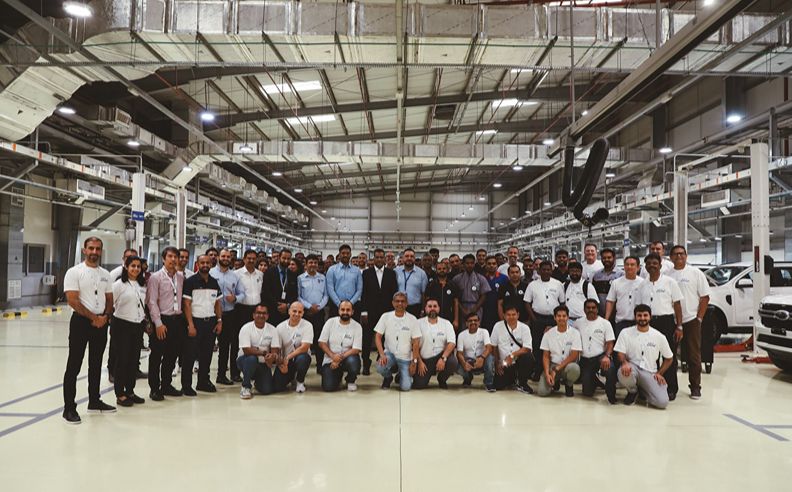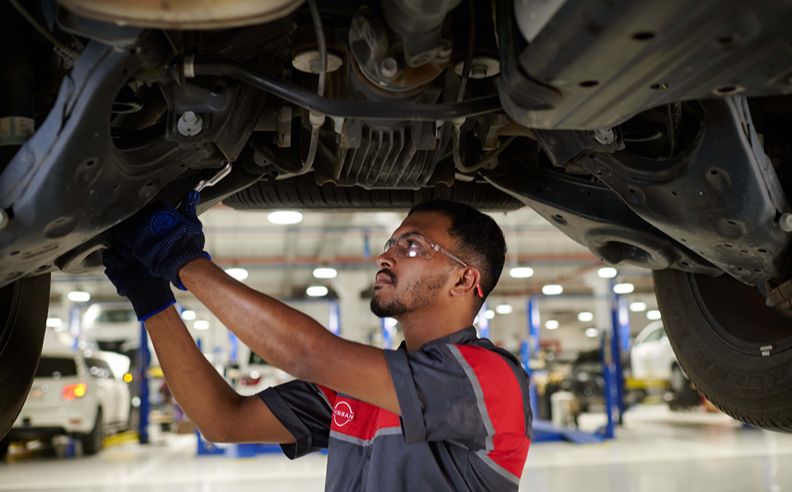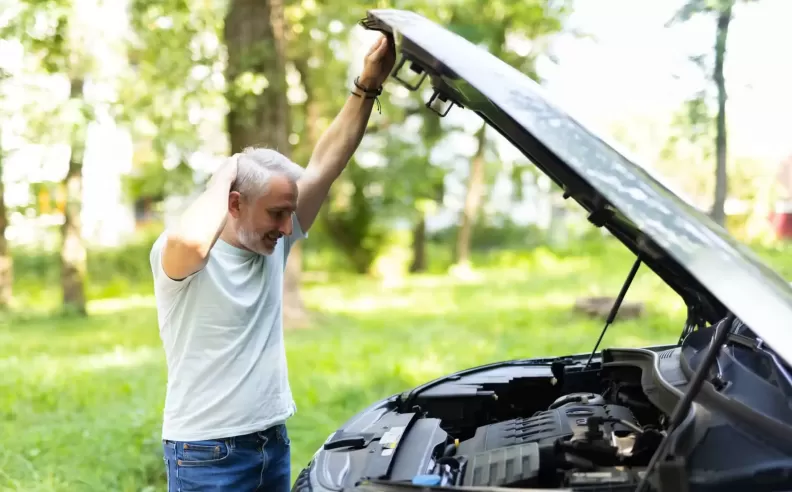
A growing number of newly licensed drivers are hitting the roads without the confidence or skills needed to properly care for their cars. According to a new study by Regtransfers, 1 in 10 new drivers admitted they felt unprepared for the realities of car ownership after passing their driving test. While most reported feeling confident behind the wheel, many confessed to a lack of knowledge around insurance, servicing, and even tire safety, raising concerns about both road safety and education.
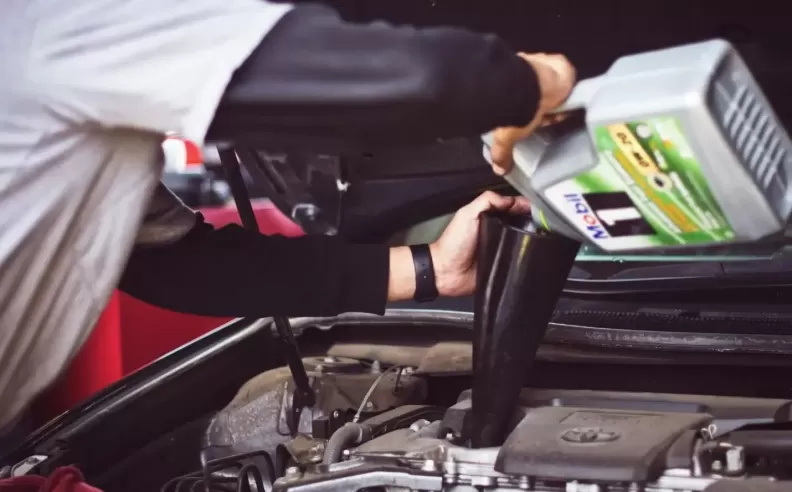
The study revealed that 11.6 percent of new drivers rated their understanding of car maintenance at less than 50 percent. This means that although they were legally certified to drive, they had limited or no confidence when it came to essentials like checking tire pressure, identifying brake issues, or scheduling service.
Mark Trimbee, CEO of Regtransfers, pointed out that this knowledge gap isn’t just an inconvenience, it’s a safety risk. Referencing AA data, Trimbee noted that in 2024 alone, faulty brakes led to 750 casualties, while worn or damaged tires caused 491. Faulty steering and suspension accounted for another 255. That’s a clear indication that technical know-how can save lives.
Yet the driving test only briefly covers this area. The “show me, tell me” section, which focuses on car basics, often tests memory more than actual understanding. As Trimbee puts it, knowing the answer is not the same as knowing what to do in a real emergency.
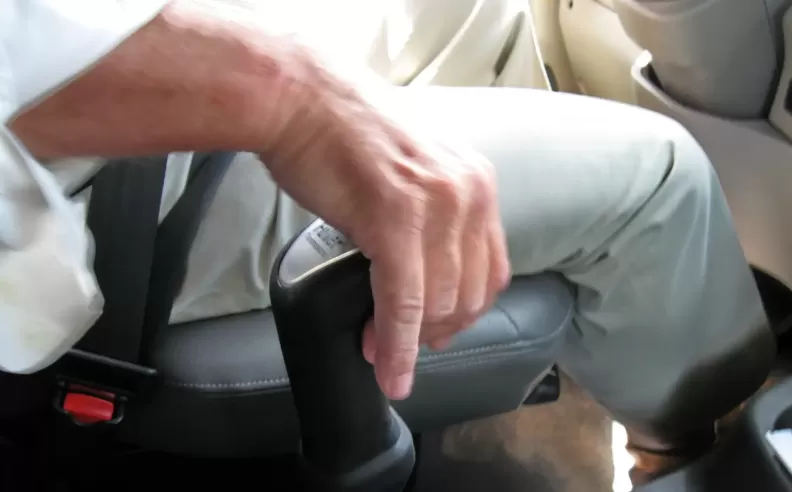
The Regtransfers study asked drivers who they believe should be responsible for this knowledge. The results showed that 59 percent think it should be shared between instructors and parents. Another 23 percent said it should be formally included in the driving test itself.
The issue isn’t just about safety either. A separate Motor Ombudsman report found that nearly one third of young drivers in the UK were unsure about how to choose a car or a fuel type. And 62 percent admitted to experiencing “refuel anxiety”, discomfort or confusion when stopping at the pump.
With 1 in 3 drivers experiencing an accident within the first year after passing their test (and 20 percent of those in the first six months), it’s becoming clear that education needs to go beyond traffic laws and parallel parking.
More comprehensive training that includes ownership responsibilities, maintenance basics, and technical literacy could help prepare new drivers for real world challenges — and reduce accident rates long term.

Started my career in Automotive Journalism in 2015. Even though I'm a pharmacist, hanging around cars all the time has created a passion for the automotive industry since day 1.
